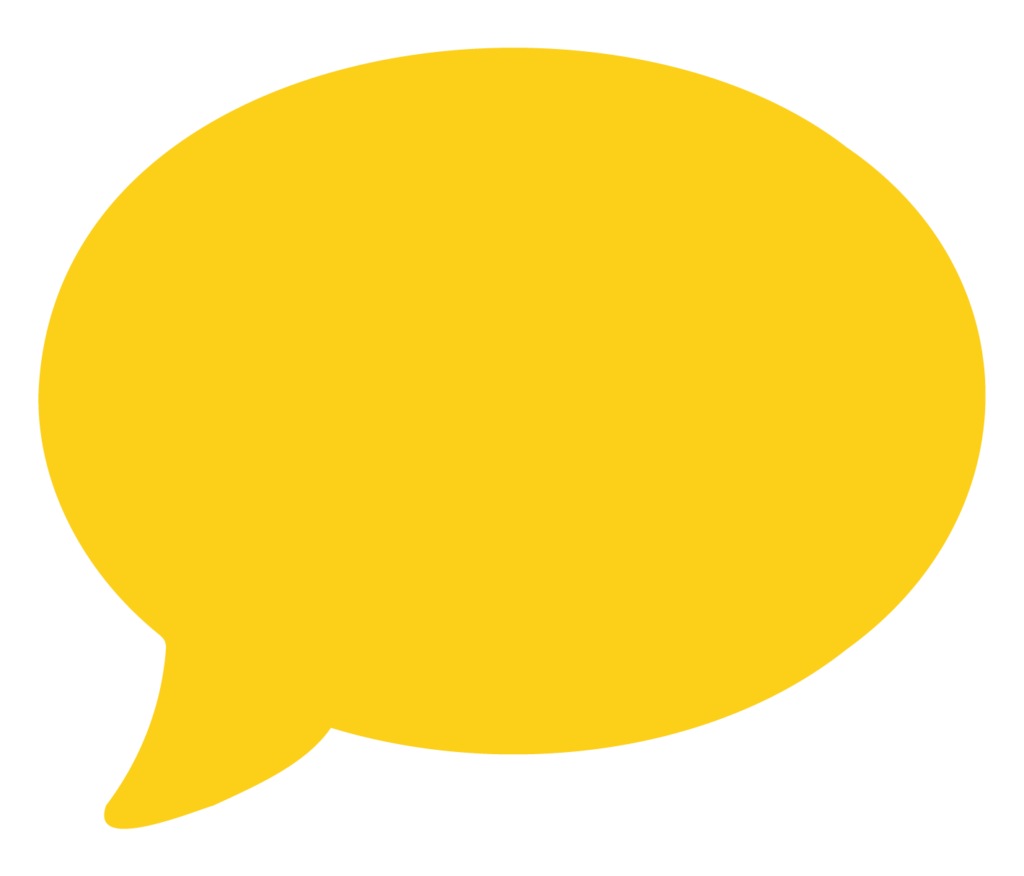SMS4dads has created a set of special messages for dads with a baby/babies in the NICU.
SMS4dads partnered with Miracle Babies and Life’s Little Treasures Foundations to get people with lived experience involved. Dads and mums told us what would have helped them cope with their time in the NICU or Special Care Nursery. The messages are based on what they told us.
You can hear some of the stories from people who have been around the NICU in the video below.
(Trigger warning – parents talk openly about their experiences of NICU and Grief & Loss)

SMS4dads is FREE and dads from anywhere in Australia can JOIN UP
You can join up via SMS4dads.com – the JOIN UP button is on the menu on each page. When you enrol, you choose which message set is the most suitable for you at the time and also enter your babies due and/or actual date of birth.
NICU texts are then sent each day for up to 7 weeks. The first text arrives on the Monday after you JOIN UP.
When the messages have finished, or if your baby leaves NICU, you can switch to the general set of SMS4dads messages. General SMS4dads texts are sent 3 times a week. They include occasional surveys to check how dads are going (Mood-Checker Messages) and can be sent up until your baby turns one.
SMS4dads also offers a message set for bereaved dads and for dads whose partners experience mental distress.
Dads can reply to any text to let us know if their situation changes, to opt out, or to give feedback about that message.

WHAT DADS SAY
Here’s what some dads said they wish they had known while their baby was in the NICU


What do dads wish they had known when their baby was in the NICU?
Here’s what dads say would have helped them feel more involved while their baby was in the NICU



HOW DADS COPE
Here us what dads say helped them to cope with the situation


FIND OUT ABOUT MORE
Feedback from dads has been enormously positive, with 92% saying SMS4dads has helped them in their role as a dad, and over 80% saying it helped their relationship with their partner.




Parents who have a baby in NICU can experience a range of emotions. You may like to check our this fact sheet developed by the Centre for Research Excellence for parents to identify thoughts, feelings or behaviours that may benefit from some extra support.


Here is another link with fact sheets about some common medical problems and links to Miracle Babies and Life’s Little Treasures Foundation. Feel free to browse as much or as little information is right for you.

Below are some links to support for dads with a baby or babies in the NICU or SCN
Dads of the NICU PODCAST Series
Dads & Perinatal Anxiety & Depression Australia – PANDA
Miracle Babies Foundation – Just for Dads
Life’s Little Treasures Foundation – Info for Dads
NOTE
SMS4dads refers to dads as, he/him/his in current text message sets. This is a deliberate strategy to talk directly to fathers. It is known that fathers often think that information with less gendered language, such as parent, is not directed at them. We understand that families (and dads) come in all shapes, sizes, backgrounds, genders, and non-binary representations and that some family members may prefer different wording. SMS4dads does not require any gender-related disclosure, and we hope those who enrol find the information useful.

Richard’s research revealed possible long-term negative impacts on the children of dads with mental health issues. Fathers’ depressive symptoms in the first year after the birth predicted behaviour problems in their children years later.
“If dads’ mental health has such a dramatic impact then we need to be screening dads for depression, not just mums,” Richard explains.
In response to these limitations, Richard and his team have designed a smart-phone based program that allows mobile connection for new and expectant dads.
Participants receive texts containing information and links, and self-report their mood. If the mood tracker identifies dads as needing extra support, they will be offered a phone call from a counsellor trained in this area.
Following the success of the pilot of the SMS4dads program, Funding was received to enable a National roll-out.
“When dad’s miss antenatal classes or activities, they also miss out on contact and links to other people. They may never get the chance to say to anyone, look I’m really stressed,” he points out.
“SMS4dads is a way of bringing dads into the health system and keeping them linked in with services and support,” explains Richard.
Richard credits a varied career, a talented and innovative team, and much life experience for affording him the insight needed to address the challenges related to actively engaging dads.
After completing his masters in Medical Science, studying epidemiology, Richard earned his PhD focusing on fathers and attachment.
“Fathers are invisible in many places, and that is endemic. Not because people dislike fathers, but because the system is set up to be focused on mothers.”
Some services and organisations are aware of the need to engage dads, but have been unsuccessful in their attempts.
“When people are challenged about this, they generally want dads involved,” Richard affirms.
“Often, however, they just don’t know how to do it.”
Richard works with health professionals on issues related to fathers, and has delivered many antenatal programs for expectant dads.
He credits his own family with giving him an understanding of the role of fathers needed to make his work relevant.
“I have three daughters and two stepdaughters,”
“My kids would say they taught me just about everything I know and they’d be right. They’ve taught me a lot, and still do.”
Richard’s research revealed possible long-term negative impacts on the children of dads with mental health issues. Fathers’ depressive symptoms in the first year after the birth predicted behaviour problems in their children years later.
“If dads’ mental health has such a dramatic impact then we need to be screening dads for depression, not just mums,” Richard explains.
In response to these limitations, Richard and his team have designed a smart-phone based program that allows mobile connection for new and expectant dads.
Participants receive texts containing information and links, and self-report their mood. If the mood tracker identifies dads as needing extra support, they will be offered a phone call from a counsellor trained in this area.
Following the success of the pilot of the SMS4dads program, Funding was received to enable a National roll-out.
“When dad’s miss antenatal classes or activities, they also miss out on contact and links to other people. They may never get the chance to say to anyone, look I’m really stressed,” he points out.
“SMS4dads is a way of bringing dads into the health system and keeping them linked in with services and support,” explains Richard.